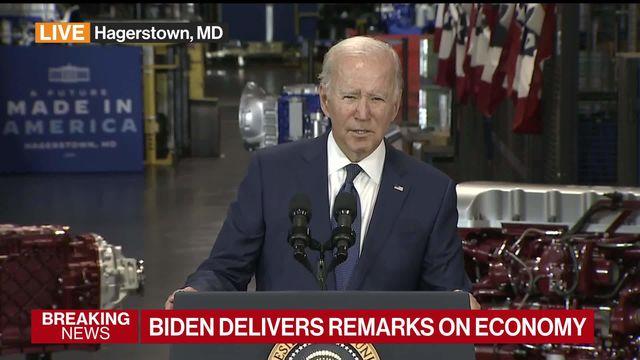College of Marin News from the Advancement Office
It certainly has been a busy start to the school year. We are so grateful to have our students back on campus. Each one of them brings an energy and excitement that is nurtured by our faculty and staff who are all working towards a common goal of helping each student achieve their educational goals and dreams.
I thought I would give you a brief update on some recent and current events.
Bolinas Field Station
We did it! Thank you! We completed the $100,000 matching gift challenge provided by Nancy P. & Richard K. Robbins Family Foundation who are long-time supporters of COM and our students. This immensely helped us in getting nearer to achieving our goal of closing the $2.5 million funding gap.
We are so thankful for our donors who invest in ensuring our students have unique educational opportunities, like the Field Station, and who want to make sure that COM is preparing the next generation of stewards of our fragile environment.
Want to stay up to date on the progression of this campaign or donate?
Check out the Field Station website at:
https://advancement.marin.edu/bolinas-field-station
Event at the Bolinas Museum
Our friends at the Bolinas Museum currently have a fantastic art exhibit, “Seeing the Unseen” by Laurie Mahan, as part of their “Pacific Rise: Ocean Health” series. In conjunction with this exhibit, our own Joe Mueller, COM Biology Professor will be speaking at the Great Minds panel discussion about the health of our ocean.
Please join us this Saturday – November 12
4:00 pm to 6:00 pm.
Bolinas Community Center
I look forward to seeing you there!
Would you like more information about the event?
Check out their website www.bolinasmuseum.org
On September 9, faculty, staff, and supporters gathered to raise over $140,000 for College of Marin’s Learning Communities. On hand was the legendary band Los Lobos to help celebrate the evening. A special thank you to our Premier and Diamond sponsors: Alten Construction, Brick Inc., Dive Lab, Facilitron, Gilbane Inc, Silverado Contractors, Inc., & WR Forde. We couldn’t have done it without you.
On September 12, the COM community came together to celebrate the disbursement of over $189,000 in scholarships to help students cover the cost of books, supplies, and tuition. In addition to the scholarships, students get a deeper commitment to their education as they know that the community cares enough to invest in their future.
A big thank you to our scholarship donors. Here is a highlight of some of the new scholarship offerings this year: Cutler CEP Scholarship for STEM, Austin Geidt Scholarship for students in recovery, Peter Gettner Scholarship for LGBTQ + students, Warren Lefort Scholarship for Performing Arts, and Tiburon Peninsula Foundation.
Interested in hearing from the students?
Check out the Youtube video https://youtu.be/BUqJJ8-fUM
Fun Fact: This year, COM graduated 390 students with 448 certificates or degrees. The youngest was 15 years of age and the oldest was 71 years of age.
Thank you for your continued support!
Keith M. Rosenthal
Director of Advancement















